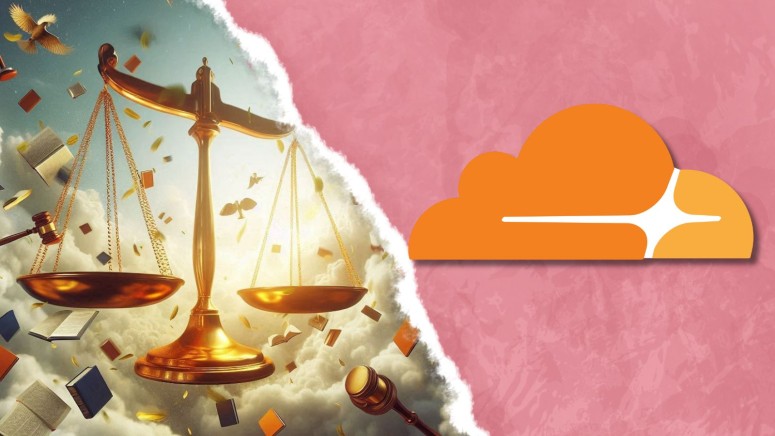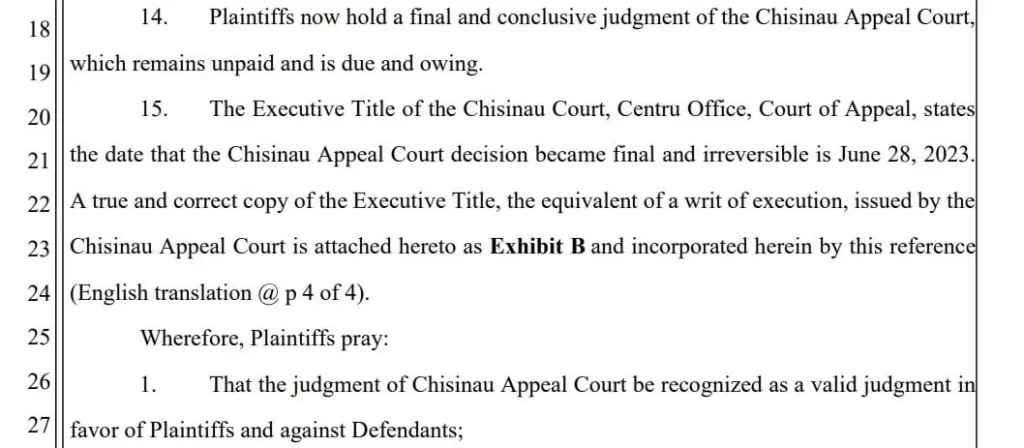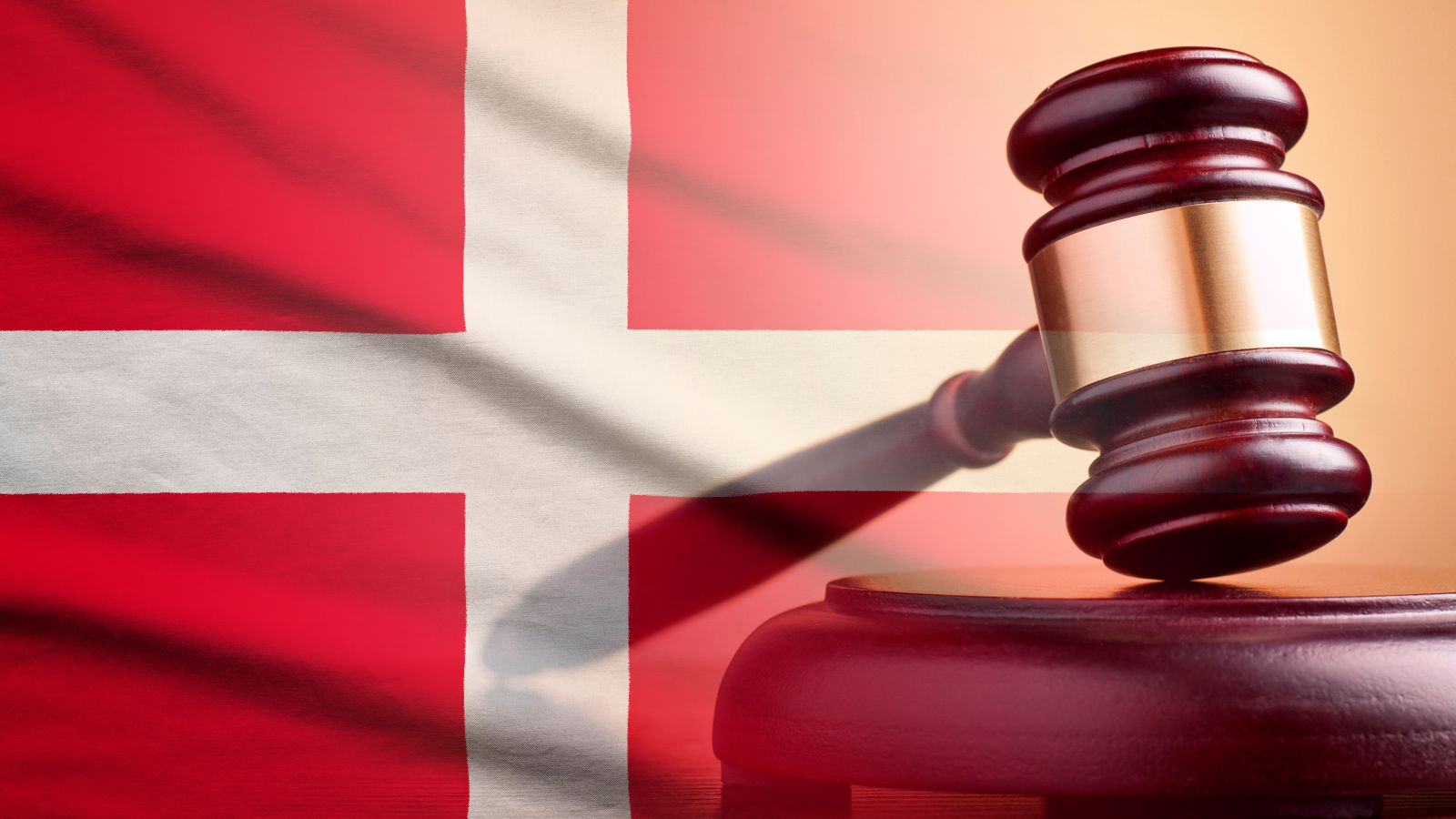
US Court Pending to Validate $1.4 Million Piracy Judgment Against Cloudflare
- A Moldovan court ruling found Cloudflare liable for failing to block access to customer-distributed pirated books.
- In the U.S., data transmission services and content hosting responsibilities are differentiated.
- The $1.4 million piracy judgment is still pending, but a recent U.S. court ruling decided Cloudflare is not responsible for third-party copyright infringement.
Two book authors have sought the intervention of a U.S. federal court to enforce a $1.4 million piracy judgment against Internet infrastructure giant Cloudflare. Originating from a Moldovan court ruling, the judgment finds Cloudflare liable for not blocking access to pirated books distributed by one of its customers.
Cloudflare, widely recognized for its services to millions of users, including top-tier pirate sites, has faced increasing legal challenges from copyright holders. This case could set a precedent with extensive implications for copyright enforcement, Content Delivery Networks (CDNs), and the broader tech industry.
This particular case, brought by authors Eugeniu and Radu Turuta, alleges that Cloudflare neglected its responsibility by failing to block access to pirated copies of their book on platform doku.pub.
Despite Cloudflare's assertion that it functions merely as a 'pass-through' CDN provider, the Moldovan Court of Appeals ruled otherwise, holding the company accountable for facilitating copyright infringement.
The Moldovan ruling challenges the typical safe harbor protections afforded to U.S.-based Internet providers, which generally differentiate between data transmission services and content hosting responsibilities.
If the U.S. court validates this foreign judgment, it could inspire similar legal actions against CDNs worldwide, potentially reshaping tech companies' obligations to combat online piracy.
The U.S. legal system will now scrutinize the Moldovan judgment, considering factors such as the jurisdictional authority of the Moldovan court and the potential conflict with U.S. public policy. Cloudflare is expected to contest not only the jurisdictional validity of the judgment but also the magnitude of the damages awarded, given the U.S. statutory limits on copyright infringements.
Recently, British broadcasting company Sky underlined Cloudflare's, Google's, and Facebook’s role in facilitating IPTV piracy via a submission to the European Commission (EC) that tackles big companies’ failure to deter pirates.
However, a U.S. court decided that Cloudflare is not liable for third-party copyright infringement and doesn't need to remove the unlawful websites it serves.












